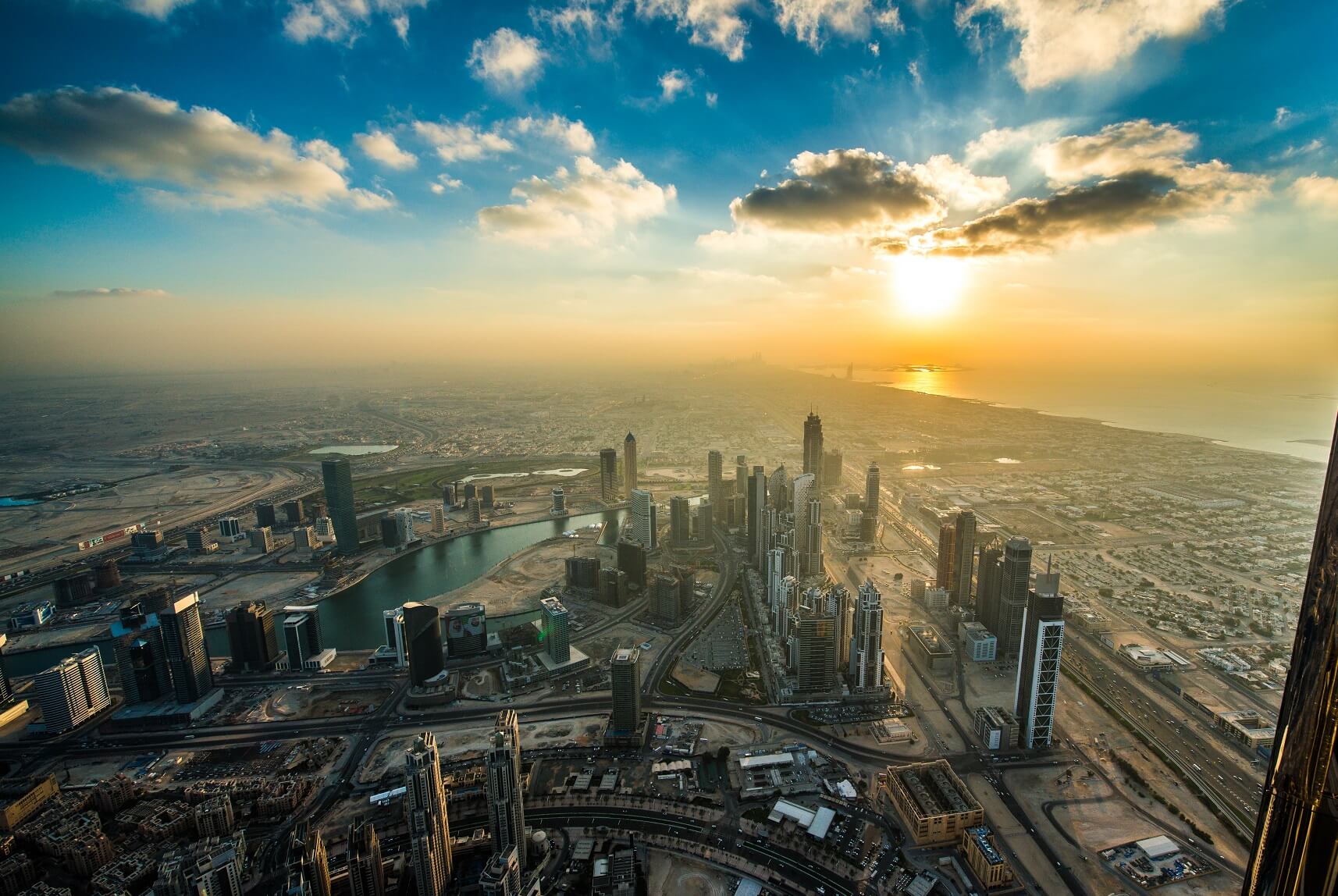The Ripple project, which has quickly roped in several partners in regions all across the world, has announced an expansion into the Middle East, with an office expected to open in Dubai by the end of 2018.
In a speech given at a conference in Dubai, Ripple’s Global Head of Infrastructure Innovation, Dilip Rao, revealed the exciting new development, and provided information on the number of partners that have joined RippleNet.
Rao emphasized that the technology could greatly help blue-collar workers, saying:
If you want to send this money, particularly you’re not clear about what the fees are going to be that the bank is going to charge on the other end. And therefore, what you’ll receive might be substantially less than what you sent out. And if you’re sending money for blue collar workers, this often can be a small amount of money, $200, and the fees for these kinds of small payments can be as high as 5 to 10%. So this is actually hurting the people who can afford it the least.
Indeed, the region is also home to many migrant workers who suffer from the high fees and delayed transaction times when they send money back to families in their homeland. Remittances are a key application for blockchain technology and Ripple itself has made it an important priority.
Rao also believes that micropayments, or transactions of comparatively small value, can benefit greatly from Ripple’s technology.
High-volume transaction at marginal costs can be the basis of a new digital economy, as Rao explains:
[micropayments]…can start to build the basis for a digital economy, because if you now think about machines talking to each other, doing maybe 50 billion transactions every year. This is the amount of what micropayments – a tenth of a cent – and really the existing infrastructure is unable to cope with these very low value, high volume of transactions. So we think there is a requirement to build a new set of infrastructure to be able to support this kind of a digital economy.
Rao then confirmed that Ripple has signed close to 200 financial institutions, and Middle Eastern partners include Saudi Arabia’s largest Islamic bank Al-Rajhi and Kuwait Finance House.
Middle East Embracing Blockchain Technology
The Middle East, with the United Arab Emirates in particular, has embraced digital ledger technologies.
In April, the UAE announced that it would implement blockchain technology for a variety of applications. This month, the first “halal” digital currency exchange, First Islamic Cryptocurrency Exchange (FICE), was announced and will feature halal-only coins. The exchange is scheduled to launch in 2019.
The Emirates’ also has a blockchain strategy, titled Emirates Blockchain Strategy 2021. The goal is to capitalize at least 50% of government transactions on a blockchain ledger. Initial applications will be in providing citizens with a unique identification number that refers to their information on the blockchain, which will include both financial and document-related data. The government believes that this will automate processes and reduce overall costs.
Other than Ripple, here are also other cryptocurrencies designed to serve the specific needs of the Middle East market such as payments solution MenaPay which is 100% Islamic-compliant.

